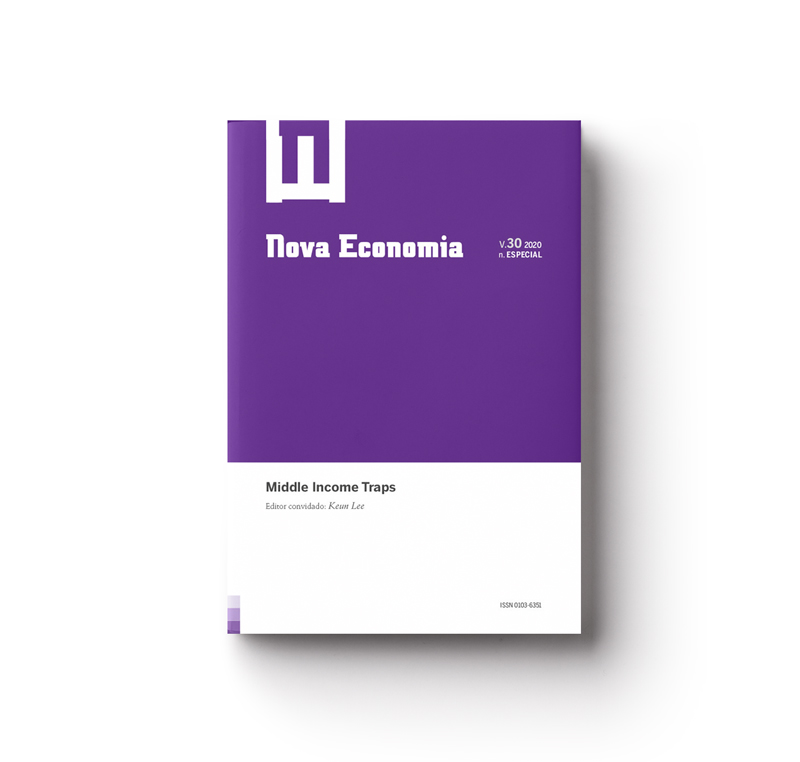Catching up, falling behind: the need to build upgrading coalitions for innovation and inclusive development in South Africa
Abstract
Abstract
Through analysis of the South African case, a country stalled in a middle income trap, the paper aims to add to the literature on catch-up. It uses Albuquerque’s (2019) model of the vicious cycles arising from inequality and income concentration, together with the notion of ‘upgrading coalitions’ (Doner and Schneider 2016) required to challenge these vicious cycles, to analyse the persistence of lock-ins. It then analyses a global astronomy project, a ‘window of opportunity’ building on historically grown capabilities, promoted by ‘upgrading coalitions’ operating in the national interest. In contrast, it proposes a ‘detour’ to build domestic capabilities, driven by an upgrading coalition centred on local economic development and livelihoods in the informal economy. The paper aims to reinforce the evidence on how inequality is both a cause and consequence of a middle income trap, and open debate on how upgrading coalitions may be a critical strategy for breaking lock-ins.
Keywords: middle income trap, inequality, upgrading coalitions, lock-ins, South Africa
JEL Codes: O33, O38, O20, O11, O17, O55
Downloads
Published
How to Cite
Issue
Section
License
Copyright (c) 2021 Glenda Kruss

This work is licensed under a Creative Commons Attribution 4.0 International License.
Authors who publish with this journal agree to the following terms:
- Authors retain copyright and grant the journal right of first publication with the work simultaneously licensed under a Creative Commons Attribution 4.0 International License that allows others to share the work with an acknowledgement of the work's authorship and initial publication in this journal.
- Authors are able to enter into separate, additional contractual arrangements for the non-exclusive distribution of the journal's published version of the work (e.g., post it to an institutional repository or publish it in a book), with an acknowledgement of its initial publication in this journal.
- Authors are permitted and encouraged to post their work online (e.g., in institutional repositories or on their website) prior to and during the submission process, as it can lead to productive exchanges, as well as earlier and greater citation of published work (See The Effect of Open Access).




